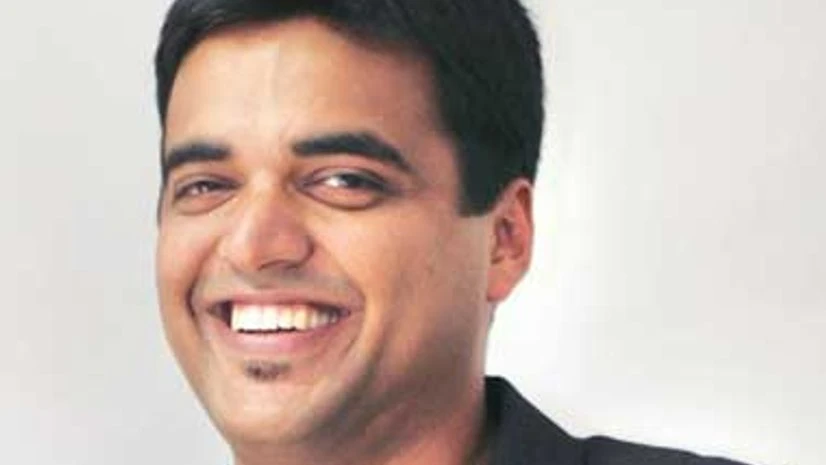Zomato’s recent valuation markdown by HSBC’s investment banking arm hasn’t gone down well with co-founder and chief executive Deepinder Goyal.
In a blog post, he criticises claims that the restaurant search and discovery service should be valued at $500 million (as opposed to $1 billion earlier), halving its value and removing its 'Unicorn' status, jargon in the venture capital world for any start-up reaching a $1 bn market value.
Goyal, who's built one of the few Indian internet companies with a global presence, challenges every claim made in the HSBC report. He says Zomato is the leader in 18 of the 23 countries it counts a presence in. And, in India, had 8.5 million monthly unique visitors as of April, an eight per cent month-on-month growth.
Also Read
“Nobody who knows our business has marked down our valuations. In fact, our existing investors are bullish about us and are willing to back us further, if needed. But, external perceptions of valuations are determined by the state of the market, and the availability of facts to the person who is analysing these numbers,” wrote Goyal in a company blog post.
The markdown comes after Zomato underwent a restructuring late last year, to ease the pressure of not hitting the sales numbers promised to its investors. Goyal himself, in a letter to employees, warned them of non-performance. It also coincided with the struggles of several food-tech companies in India, which have been scaling down their services, shutting operations and even looking to merge with others.
India’s largest online marketplace, Flipkart, has also seen a slew of valuation markdowns, dropping the company’s value from $15.2 billion to $9.5 bn. Several have, however, questioned the basis for these markdowns from mutual fund investors who give no reason for why they’re doing so. While HSBC’s analysts have justified their markdown, Goyal dissects their assumptions in his blog post.
Zomato says it is able to reduce the high costs of customer acquisition for its transaction businesses, of food ordering and table reservation, as its restaurant discovery business is a big funnel for users. As a standalone, the food ordering arm does an average of 33,000 transactions a day and is profitable from a unit economics perspective. Overall profitability will take three to six months, when Zomato is able to process 40,000 orders in a single day.
More, Goyal writes, “the unit economics of owning a food delivery fleet can never work out,” a retort to HSBC analysts’ suggestion that the company will continue to draw investments to grow its delivery fleet.
“These assumptions and statements in the HSBC report make it look like they’re coming from someone who doesn’t – and hasn’t bothered to – understand the space well.”
One of the more unique challenges for an Indian internet firm operating globally is the high cost of labour that comes with it. Here, however, Zomato says it already has large sales teams present in all its foreign markets and doesn’t need to hire more people for the next 12-14 months. The HSBC report questions the viability of advertising-based sales models in the US and Zomato notes the stock value of its US competitor, Yelp, has gone up 75 per cent in the past week.
Answering one of the big questions that several, not only HSBC, have posed, Goyal said Zomato had doubled its revenue over the past nine months and reduced its cash burn by 70 per cent from its peak. A high cash burn rate was seen as the firm’s Achilles Heel, that led to everyone questioning the company’s business model last year.
Overall, the company says it has massive headway, as it still has to monetise 95 per cent of all restaurants in its core markets and will look at mobiles (which power half its traffic) more seriously. This, the company hopes, will allow it to turn profitable in the coming six to 12 months at an overall company level. Goyal adds, “We will re-invest those profits in our business to grow further and faster.”

)
